
By Evelyn ARTHUR
As the country’s ocean resources continue to dissipate at an alarming rate due to irresponsible human activities, the conversation around Ghana’s fisheries management has regained momentum.
Experts are urging all stakeholders to dedicate efforts to science, to redeem the sector from the quagmire it has placed itself in, and to redirect the country towards a sustainable path. Experts now view investment in scientific methods not as an alternative, but as the sole path to success.
Ghana’s fisheries sector is crucial for the country’s food security and economic stability, with an estimated 10% of Ghanaians dependent on fishing for their livelihoods. However, the sector continues to suffer from overfishing, habitat destruction, and ineffective policy implementation. It is no secret that fish resources are now scarce.
Derespite the challenges, there is a renewed focus on investing in science as a solution.
While the Fisheries Commission and their local and international partners have spearheaded some commendable ongoing initiatives, such as gear audits, close season moratoriums, surveys, and stock assessments, among other research, they have proven insufficient to bring Ghana’s fisheries to a desirable state.
As pointed out by the Executive Director of the Commission, Fred Antwi-Boadu, last Sunday on the Eye on Port TV program, “something is being done, but it is not enough.”
“Currently, ongoing research includes the status of the marine environment, plastic pollution and climate change, industrial trawl gear audit, and modification of the industrial trawl gear,” Mr. Antwi stated, among other topics.
He disclosed that the Finance Ministry had pledged to supply a research vessel and two patrol boats. While the Commission waits for the government to deliver on its promise, and appealed to industry to provide vessels to use for research.
He admitted that the acquisition of a research vessel will be a game changer to help the Commission monitor events in the ocean ecosystem and measure the impact of management activities on fish resources.
The fact that Ghana does not own a single fisheries research vessel leaves the nation at the mercy of international programs like the EAF-Nansen program, which isn’t under Ghanaian control.
The Executive Director of the Fisheries Commission recalled observing first-hand the results that the availability of a fisheries research vessel at the University of Rhode Island has generated, highlighting Ghana’s urgent need for one.
The Director for the Africa Centre of Excellence in Coastal Resilience, University of Cape Coast (ACECoR), Prof. Dennis Aheto, who was a panellist on the same TV program, also supported the call for immediate acquisition of a research vessel. A research vessel, according to him, will offer a platform for conducting real-time, on-site observations of marine life and stock assessment, marking a significant enhancement over current practices.
“The stock assessment we do in Ghana relies on a system where we document catches at landing beaches, and this means we do not even know where the fish are coming from,” he lamented.
However, he was keen to factor in maintenance costs and management equally when considering a research vessel, given its high capital intensiveness.
He argued that acquiring and managing research vessels at a regional level is more sustainable. Acknowledging the transboundary nature of fisheries, Prof. Aheto advocated for a regional approach to managing fisheries resources, which includes sharing data, collaborating on research, and coordinating enforcement efforts.
Additionally, Prof. Aheto recommended a more integrated approach to policy development that involves stakeholders from academia, industry, and the government.
A range of policies and regulations designed to promote sustainability and protect marine resources govern Ghana’s fisheries sector, he said. However, the implementation of these policies has been inconsistent. “While we have comprehensive policies, their enforcement is often lacking,” Prof. Aheto explained.
Prof. Aheto, who was also part of the two-week study tour to the University of Rhode Island in the USA, noted that the disconnect between successful countries and countries like Ghana is enforcement of laws and dedicated funding.
Over the years, he noted, academia has made significant contributions by collaborating with private and international entities to conduct research and participate in coastal management advocacy. However, government and industry need to support these efforts through dedicated funding.
Industry expert and Executive Director of the Blue Economy and Governance Consult, Richster Nii Amarh Amarfio, highlighted the pressing need for an overhaul in how Ghana manages its fisheries resources.
He advocated for a shift in fisheries management from a food and agriculture perspective to a natural resource perspective that pays critical attention to habitat conservation.
He lamented that habitat degradation has become the primary destroyer of fisheries resources in Ghana, with the infamous Galamsey and plastic pollution being major culprits.
“If you go to the Western Region, particularly areas that take their source from the Pra and Ankobra, you realise all the water is polluted,” Mr. Amarfio lamented that it is impossible to separate management of water resources from that of fisheries, as fish rely on water for survival.
He urged the government to definitively stamp its authority on this matter to preserve the integrity of the nation’s water bodies.
The Tuna operator also stated that one major challenge is the disconnect between policymakers and the realities faced by those in the fisheries sector. And also pointed out that political influences and partisanship have become major obstacles in fisheries management in Ghana.
Richster Amarfio, a lifelong supporter of the acquisition of multiple research vessels, asserted that policymakers should follow the guidance of technocrats and collaborate closely with universities.
This approach is considered the international best practice, as demonstrated by institutions such as Rhode Island University, which he has visited numerous times on study tours.
The post Invest in science to redeem fisheries sector-experts appeared first on The Business & Financial Times.
Read Full Story

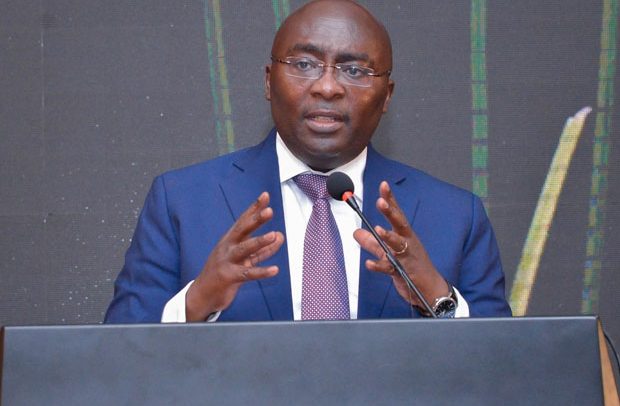
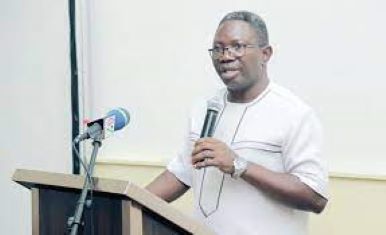
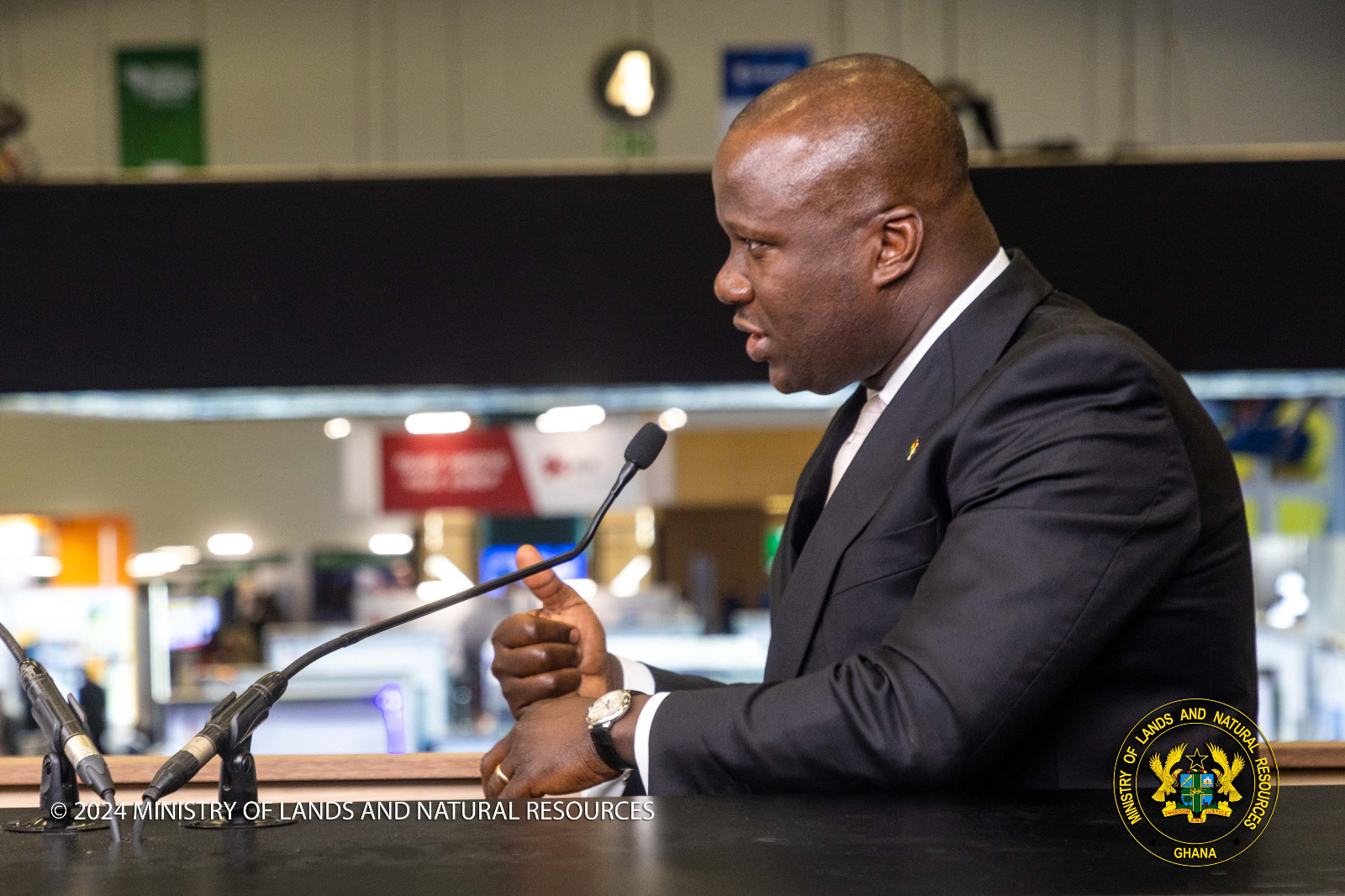
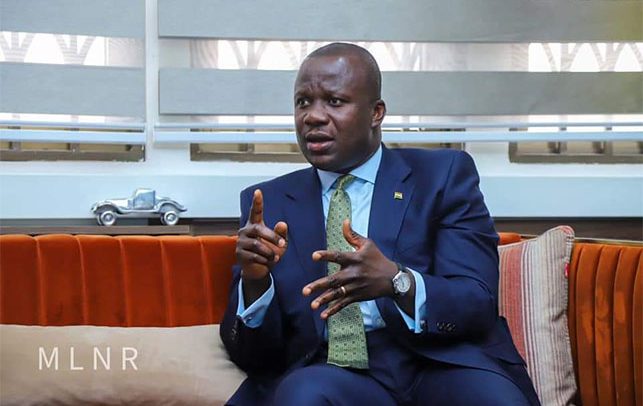


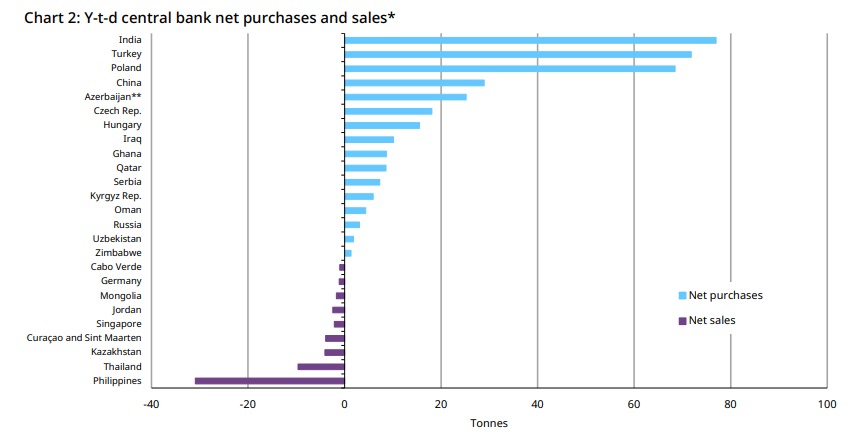
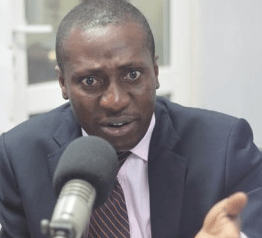





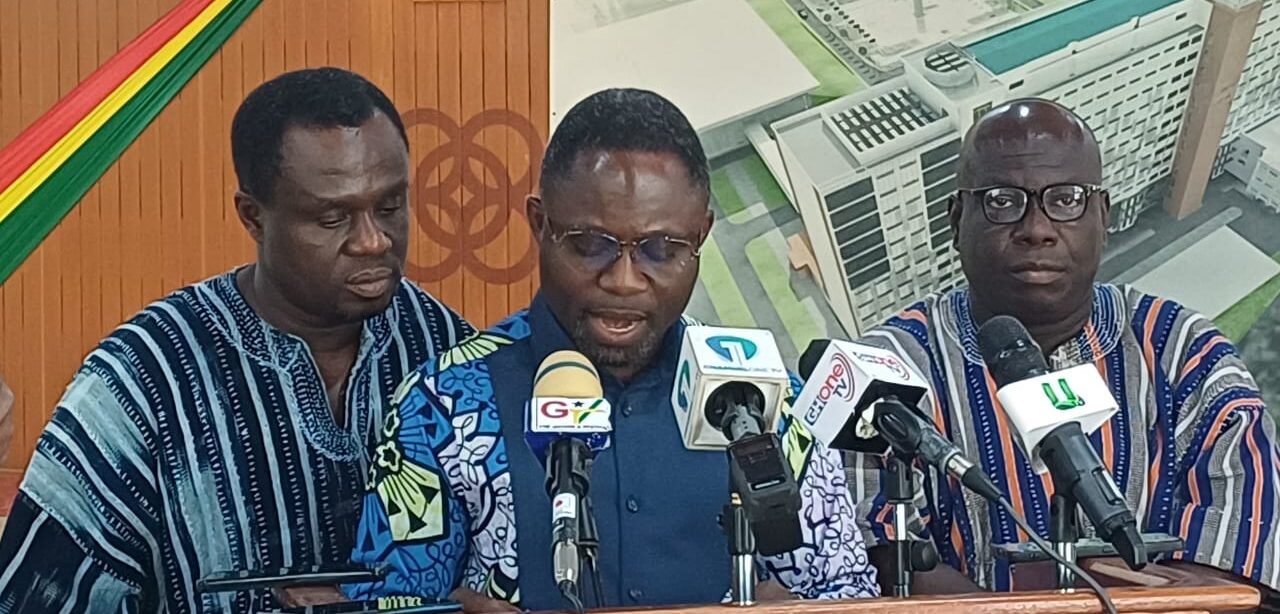


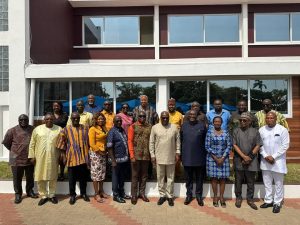
Facebook
Twitter
Pinterest
Instagram
Google+
YouTube
LinkedIn
RSS